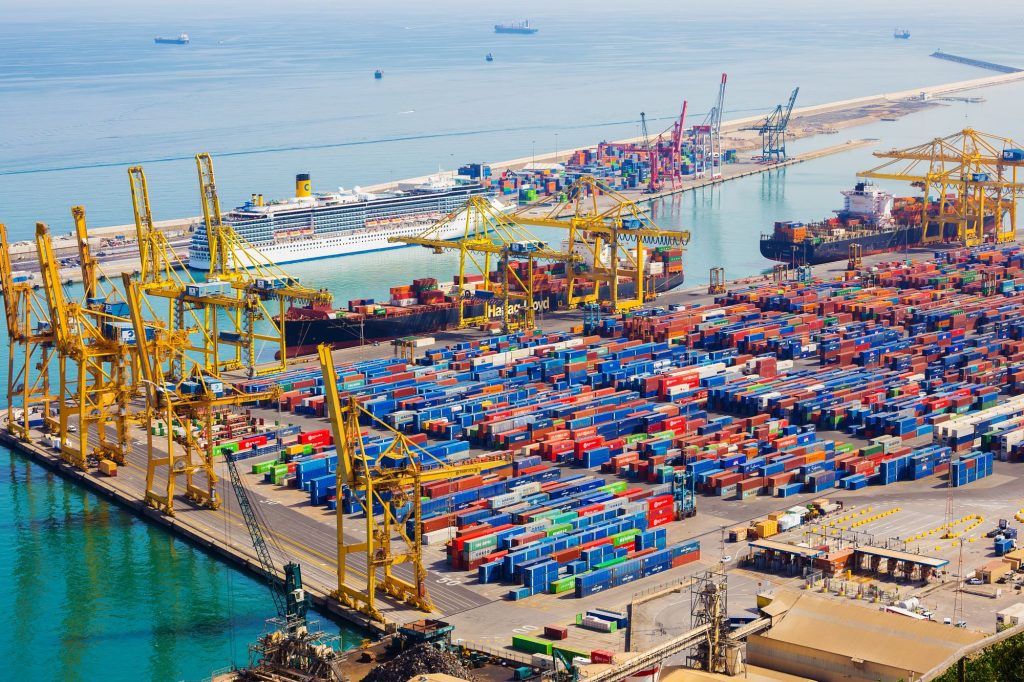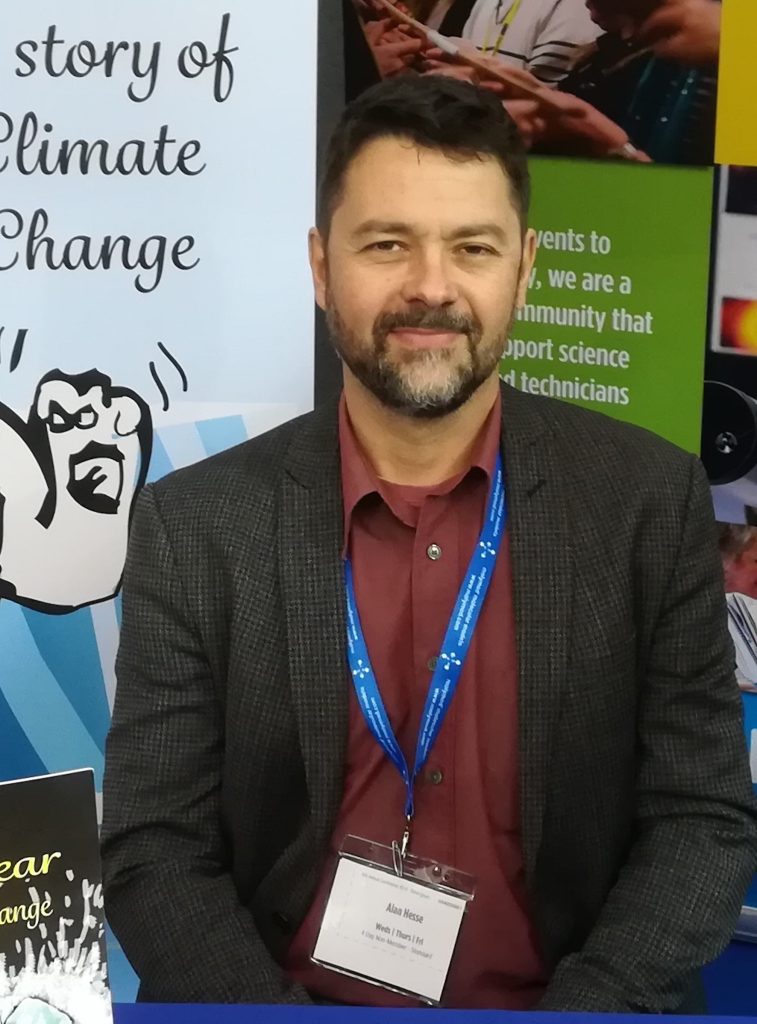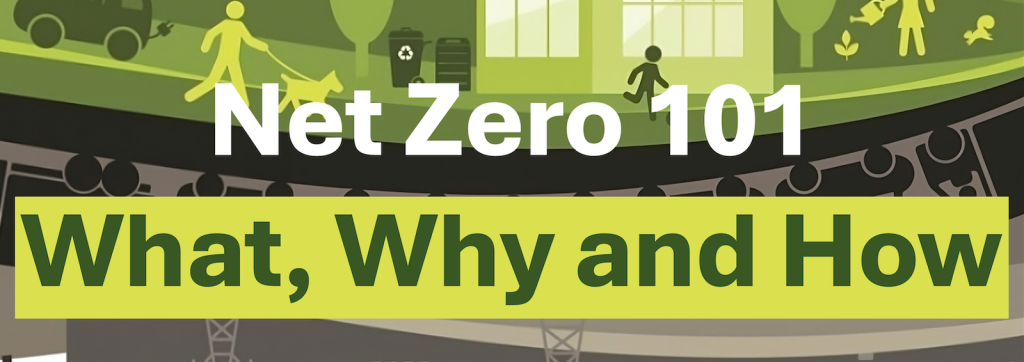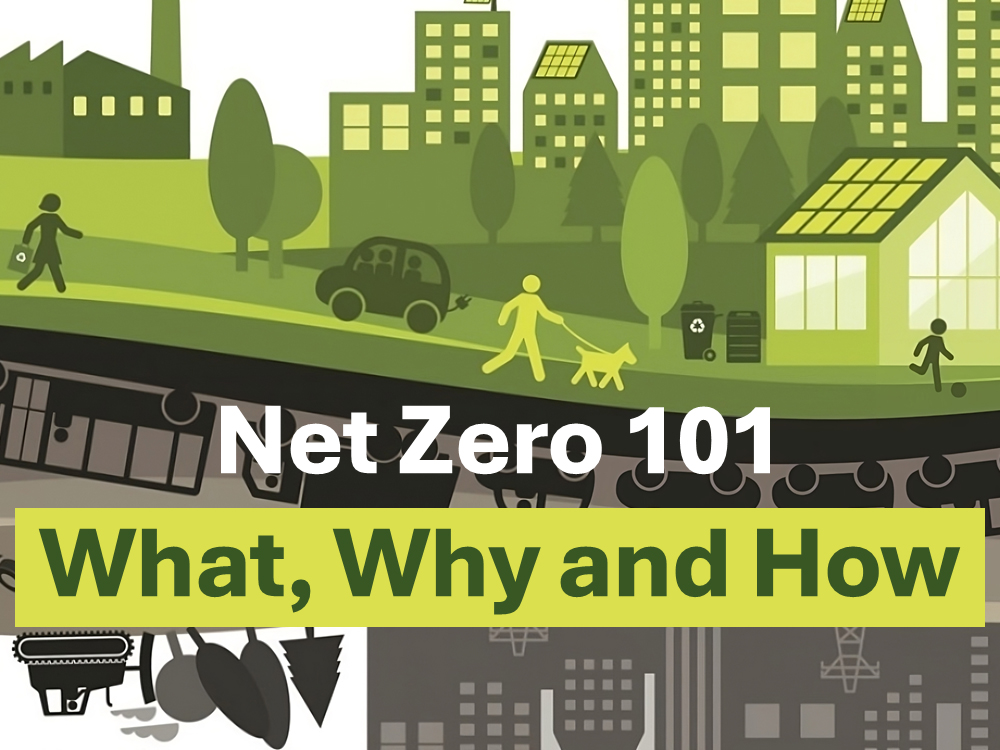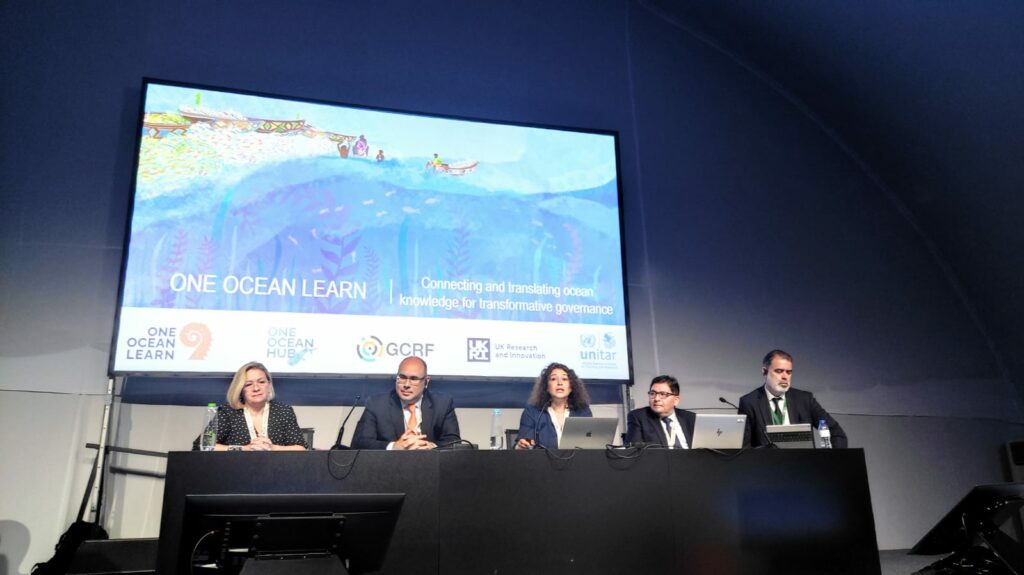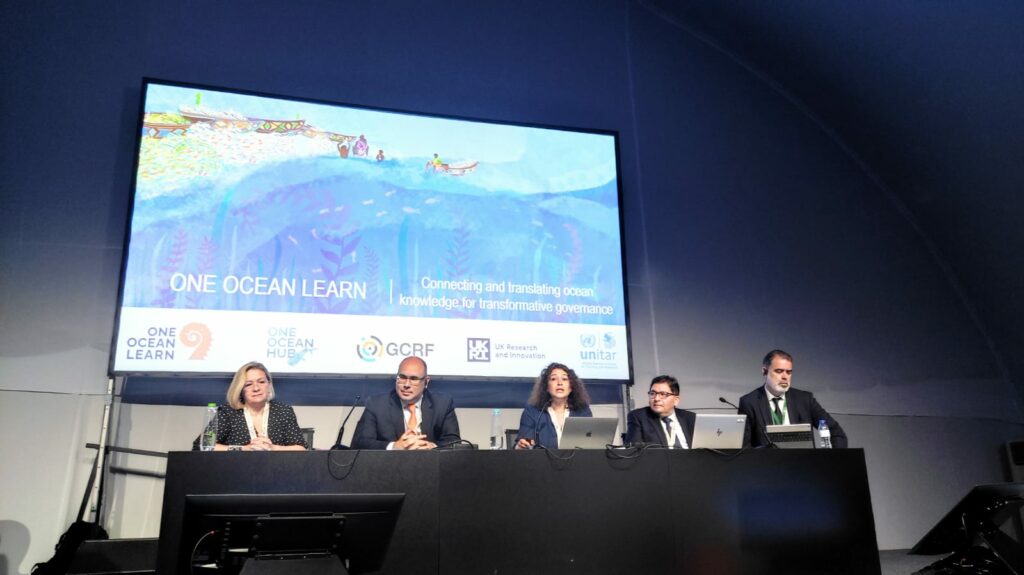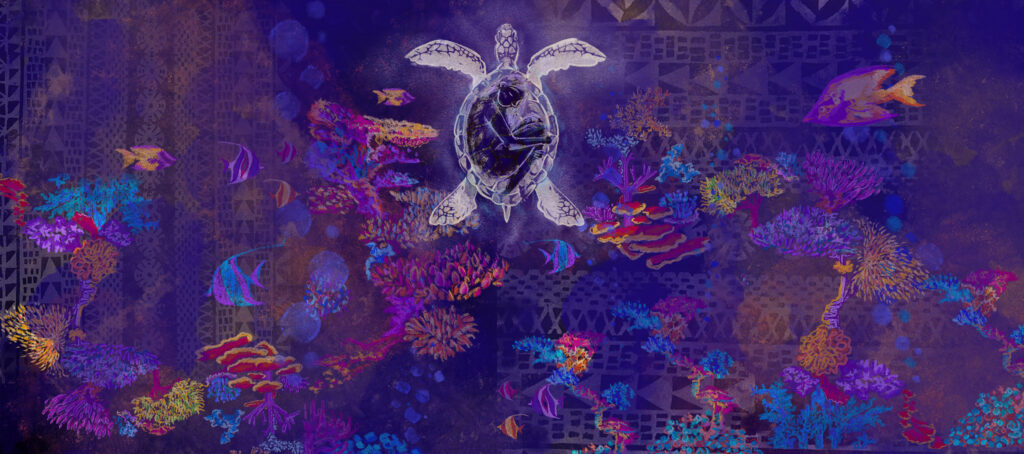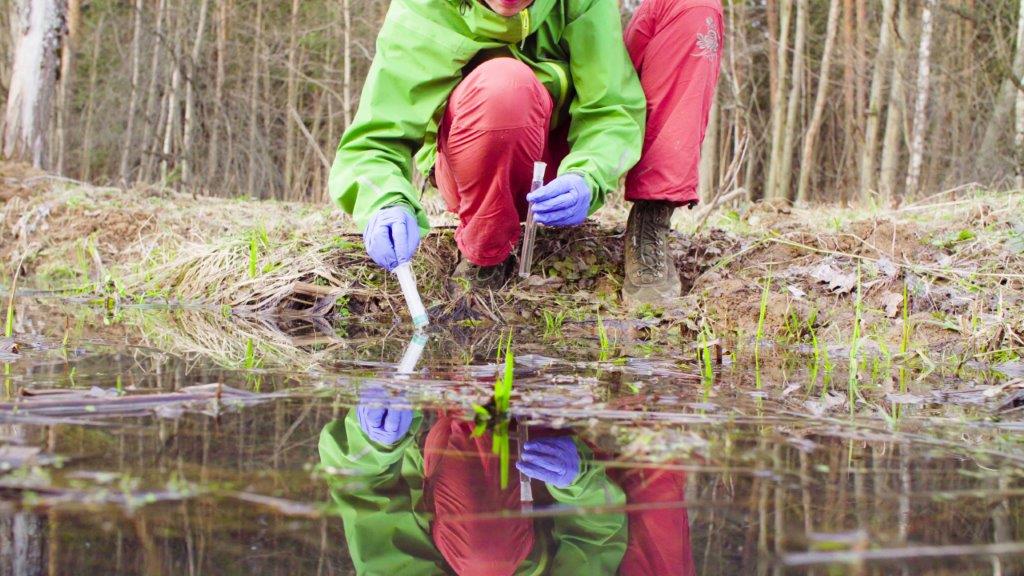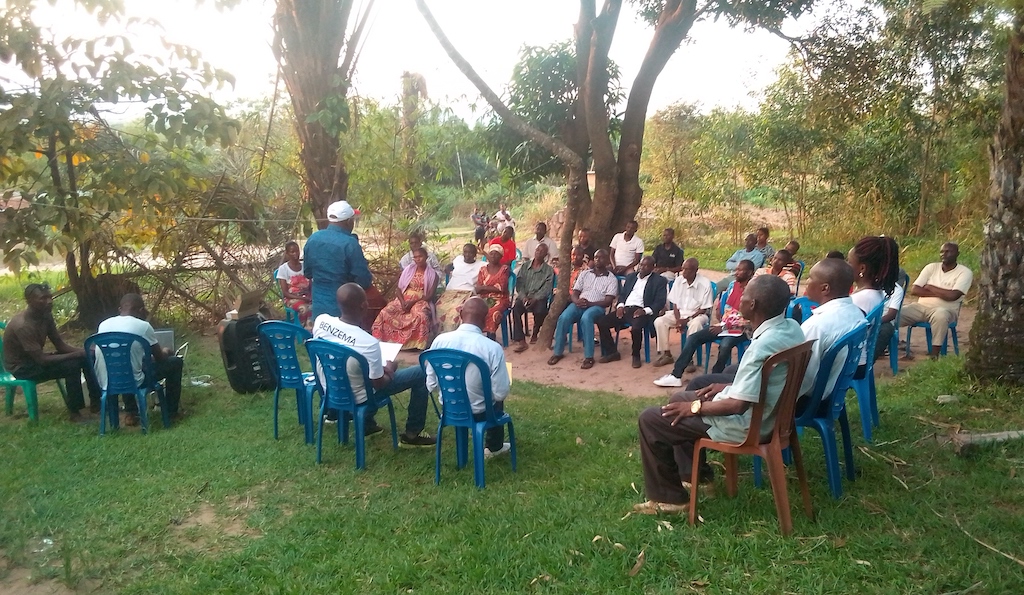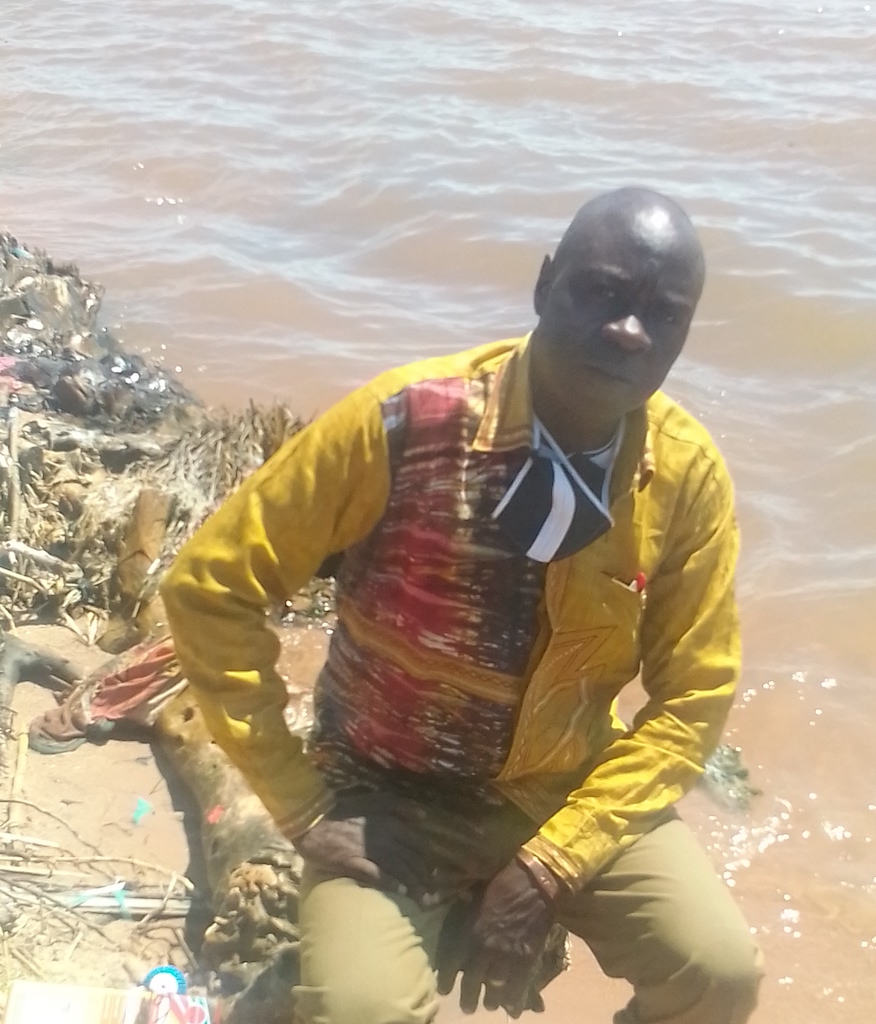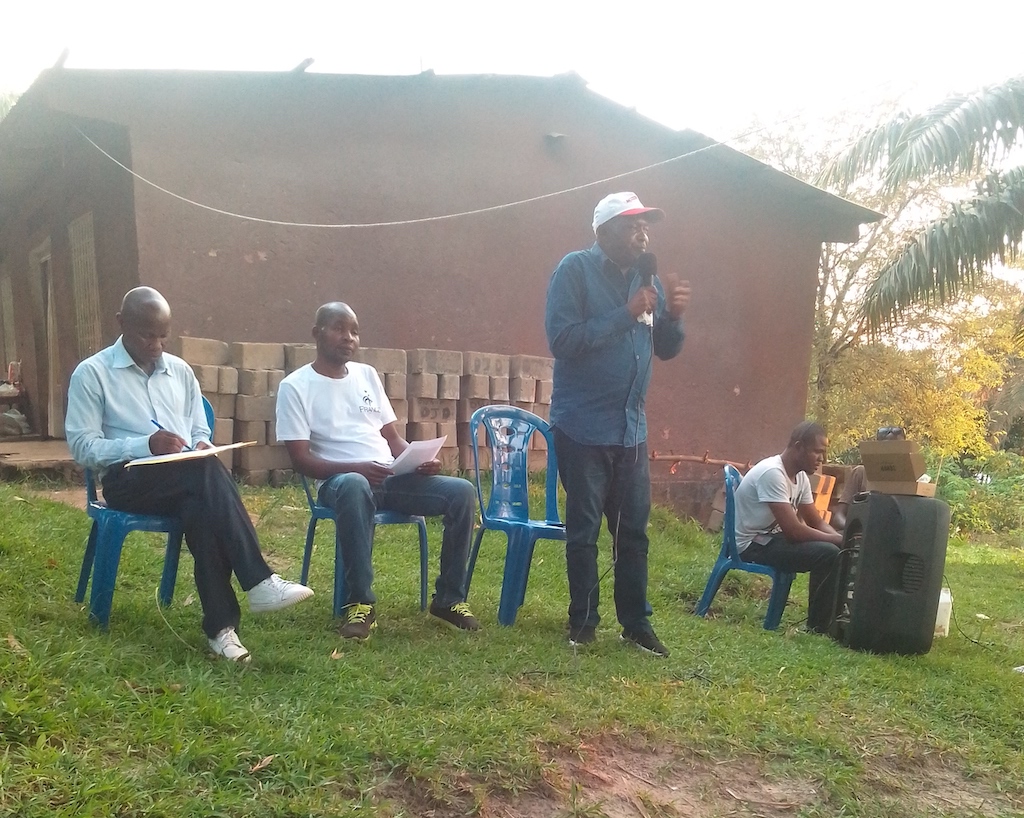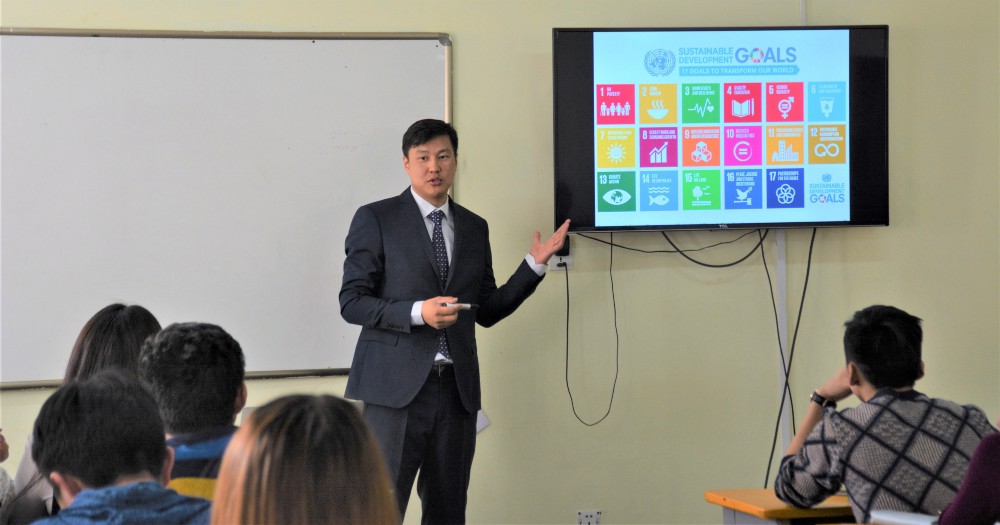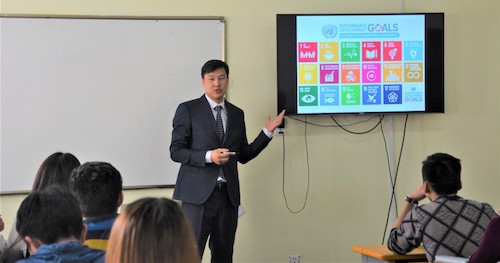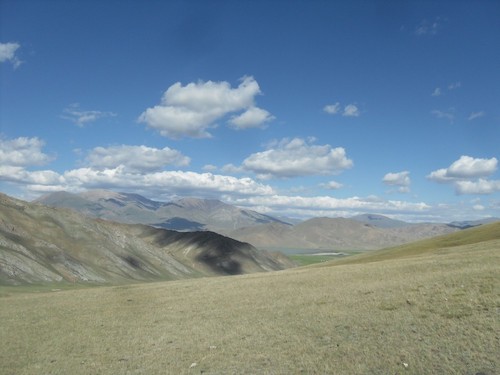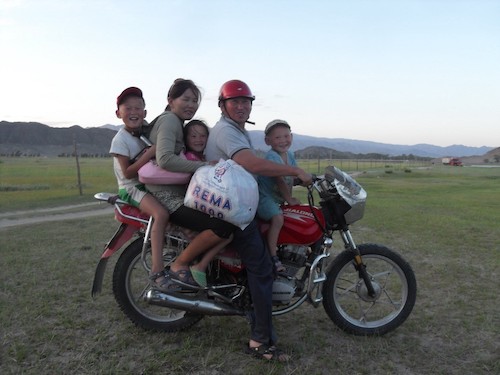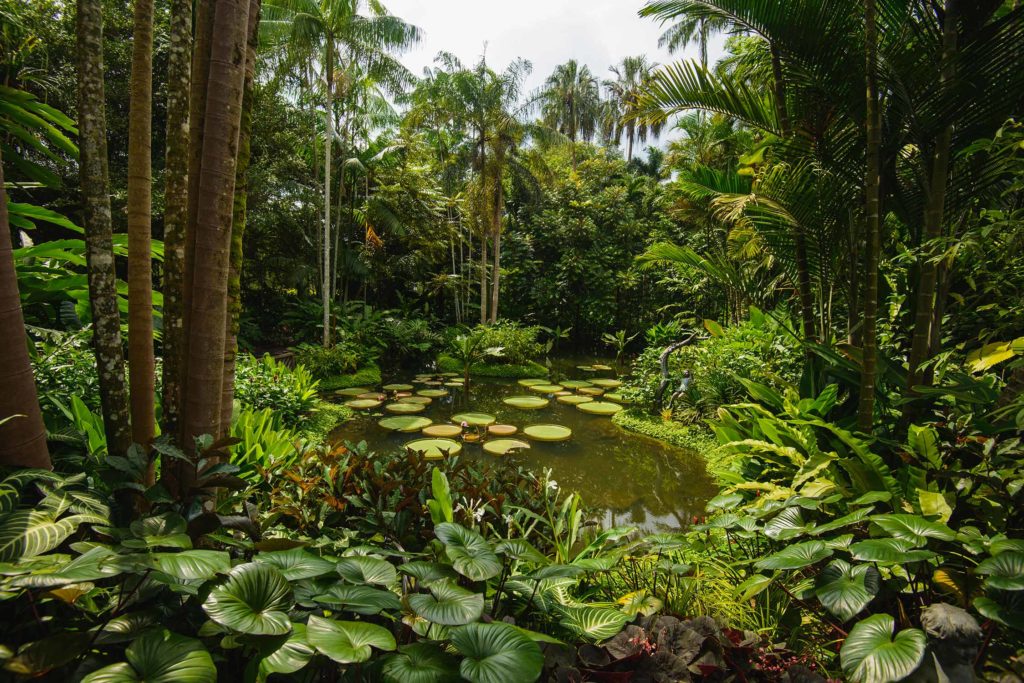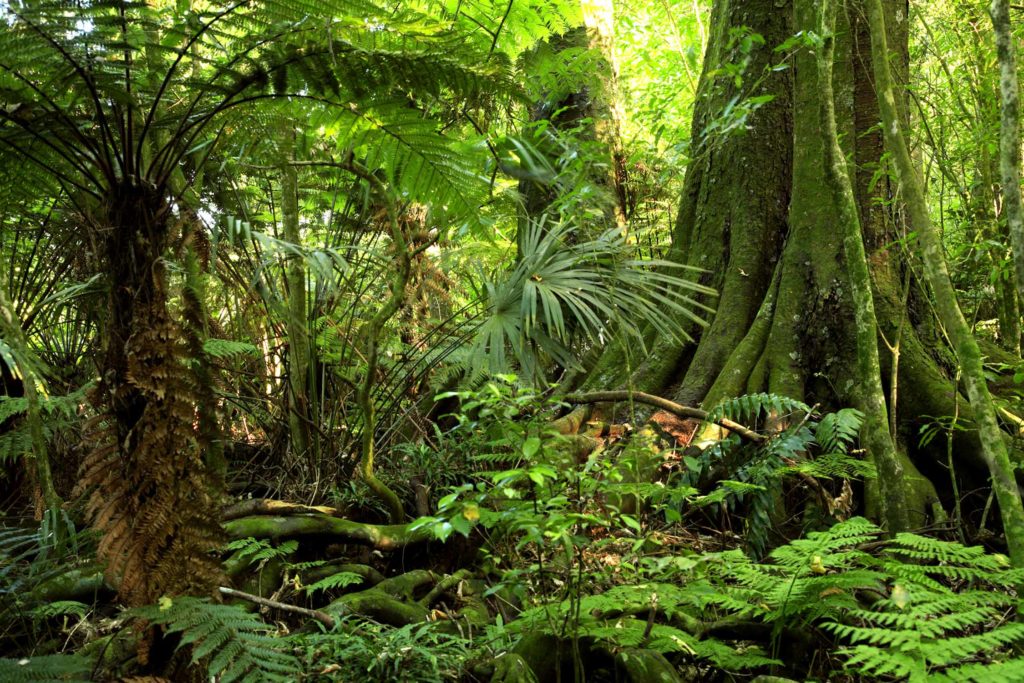The exponential growth of chemical production and trade in recent decades has heightened global concerns about the risks posed by hazardous chemicals and pesticides. Many countries, particularly those with limited infrastructure to regulate chemical imports, remain vulnerable to potential environmental and health hazards. Recognizing these challenges, the international community adopted the Rotterdam Convention on the Prior Informed Consent Procedure for Certain Hazardous Chemicals and Pesticides in International Trade in 1998, which came into force in 2004. The Convention promotes shared responsibility and cooperation among nations to ensure the safe management of hazardous chemicals, thereby protecting human health and the environment.
To support national authorities and other stakeholders in effectively implementing the Convention, a new e-course titled A Deep Dive into the Rotterdam Convention has been launched on the UN CC:Learn platform. This self-paced course provides an in-depth exploration of the Convention’s key mechanisms, covering crucial topics such as the listing of hazardous chemicals, the prior informed consent (PIC) procedure, and information exchange requirements. Designed to complement the Introductory Course on the Rotterdam Convention, this 4-module course offers learners a structured, interactive learning experience over approximately 5-6 hours.
Developed by the Secretariat of the Basel, Rotterdam, and Stockholm (BRS) Conventions in collaboration with the United Nations Institute for Training and Research (UNITAR), and made possible through the generous support of the European Union (EU), this course serves as a vital resource for designated national authorities (DNAs), official contact points (OCPs), and other key actors involved in international chemical trade. Whether you are a government official, customs officer, or industry stakeholder, this course will equip you with essential knowledge to strengthen the implementation of the Convention at the national level.
Learn more about the course below.
What will you learn?
After completing the course, you will be able to:
- Explain the functioning, actors, key provisions and mechanisms of the Rotterdam Convention;
- Identify relevant tools and resources for the implementation of the Convention at the national level;
- Use relevant tools and resources for the implementation of the Convention at the national level;
- Support effectively and efficiently the implementation of the Convention at the national level.
Who is this course for?
This self-paced online course on the Rotterdam Convention primarily targets the Rotterdam Convention designated national authorities (DNAs) and Official Contact Points (OCPs). It also offers valuable knowledge for other governmental and non-governmental actors with a role in the implementation of the Convention, from custom authorities to chemical importers.
The course also offers valuable knowledge and insights for the following audiences:
- Private sector entities with a role in the import and/or export of chemicals;
- Civil society organizations with an interest in the functioning of the Rotterdam Convention; and
- Individuals with an interest in the international trade of chemicals.
Will you get a certificate?
The successful completion of the course rewards the learner with a certificate. To complete the course, the learner must complete all four modules and pass each associated quiz with a minimum grade of 70% from no more than three attempts. The completion of each module also rewards the learner with a badge.

